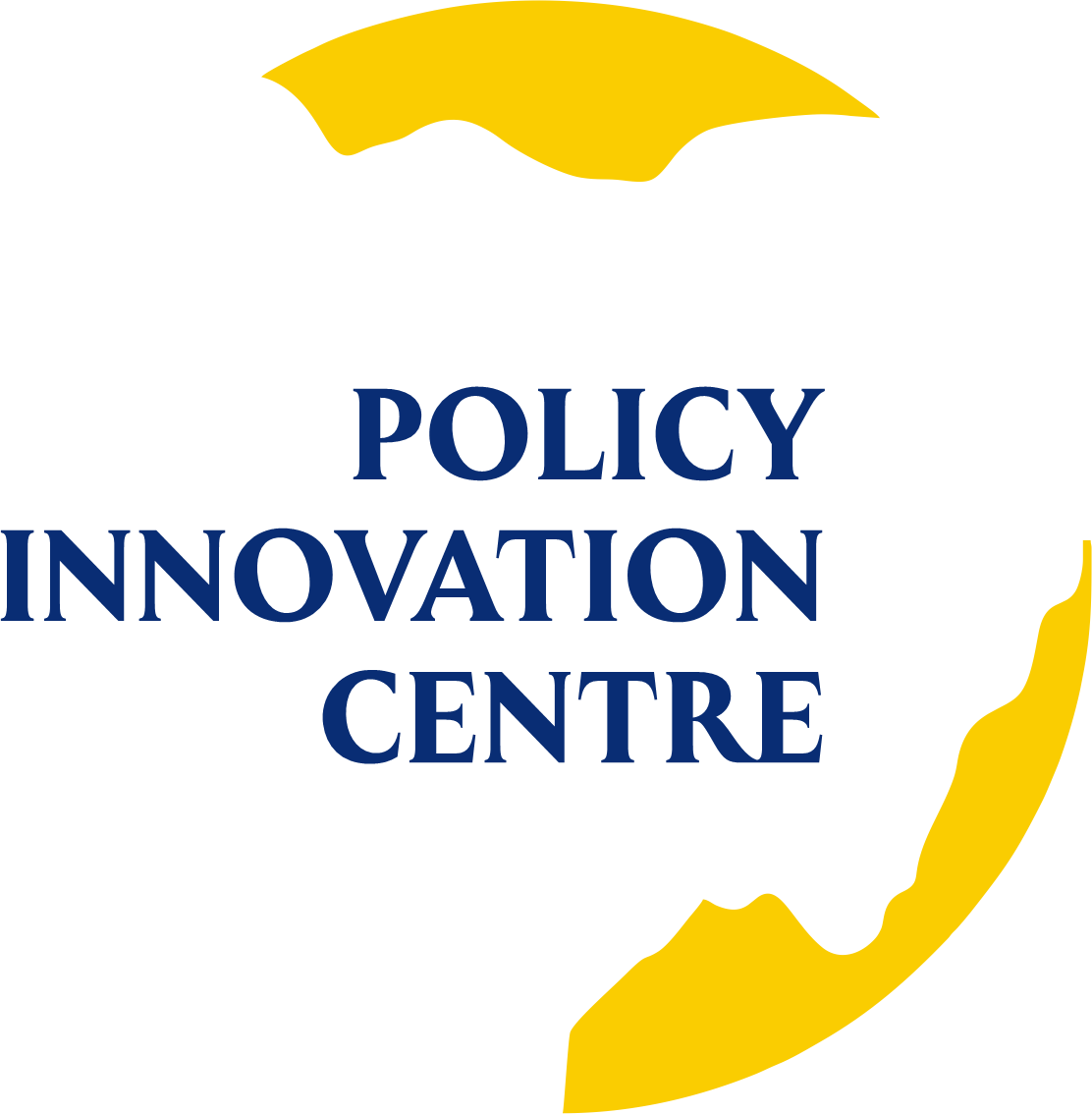Imagine trying to build a house during a storm; every brick you lay gets swept away by shifting winds. In Nigeria, policymaking often involves well-intentioned plans that ultimately fail to deliver on their promises. This persistent failure of policies in Nigeria is a glaring paradox that raises a critical question: Why do these well-intentioned policies consistently fall short? This paradox invites us to look beyond the surface of policy design and examine the deeper issues such as poor intergovernmental coordination, weak stakeholder engagement, limited adaptive implementation, insufficient inclusion in design, institutional weaknesses, and poor alignment between policy and lived realities that often undermine execution.
Looking through these policies in the health, digital, financial, and agricultural sector of Nigeria, we see the pros and cons of policy failure or success:
- COVID-19 Response: Early lockdowns, airport closures, and the Presidential Task Force kept initial cases low. But fragmented coordination between federal and state governments, weak infrastructure, public mistrust, and inadequate implementation plans triggered policy fatigue and vaccine hesitancy, issues that could have been better managed through effective stakeholder engagement.
- NIMC Act of 2007: A unified digital National Identification Number was a brilliant idea. But the execution? Chaotic. Deadlines led to overcrowded centres during the pandemic, while inadequate infrastructure and widespread digital illiteracy slowed progress. Moreover, the overall goal of the initiative has yet to be achieved which could have been addressed by incorporating Digital Public Infrastructure (DPI) for interoperability.
- Bank Verification Number (BVN) Operations and Watch-List for the Nigerian Banking Industry: While this was a win through linking biometric data to bank accounts and curbing fraud in Nigeria - many remain unbanked, revealing exclusion from its reach due to poor infrastructure.
- Green Alternative–Agricultural Production Policy APP (2016-2020): The Agricultural Promotion Policy (APP) was primarily focused on ensuring food security, promoting import substitution, and driving economic diversification. It played a crucial role in advancing Nigeria’s self-sufficiency in rice production and processing, boosting poultry production, and providing extensive support to various agricultural value chains. However, the policy has not generated sufficient agricultural productivity and investments due to poor deployment of technology and infrastructure required for increased productivity.
- Agricultural Transformation Agenda (ATA): This is an example of a policy under former Minister Akinwunmi Adesina (2011–2015) that worked, even though political transitions affected it. The Agricultural Transformation Agenda (ATA) aimed to boost agricultural productivity through mechanization, improved inputs, and market access. It introduced programs like the Growth Enhancement Support (GES) scheme, which subsidized fertilizers and seeds.
Zooming out, globally, in South Korea, swift COVID-19 testing, contact tracing, and transparent communication worked because governance was stable, systems were digital, and citizens were engaged. Also, Canada’s healthcare system thrives due to consistent political commitment over the decades.
So, what makes or breaks a policy in Nigeria?
Frequent changes and inadequacies in government often lead to abrupt shifts in strategies, with new administrations abandoning or drastically altering existing policies. This inconsistency disrupts long-term planning and prevents projects from reaching fruition.
Also, a lack of cohesion in the implementation of the policies as a result of inter-MDA rivalry, limited capacities, and duplication of mandates is a thorn in policy continuity. Sustainability matters; policies definitely need time to grow.
Without doubt, we are not short on policies in Nigeria; we are only short on implementation. Maybe it’s time to stop asking what to change and start asking how to make what we have work.
What about you? What policies have you seen succeed or fall short in your community or sector? What made the difference? Share your thoughts; your insight could spark the change we all need.
Jessica Vakporaye & Oluwabusola Oni, Policy Team, PIC





